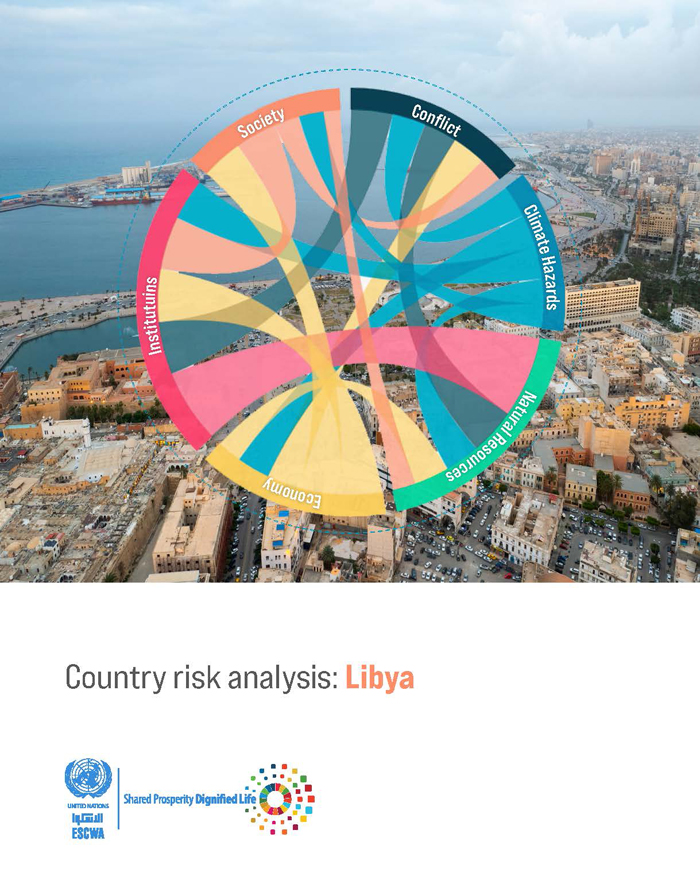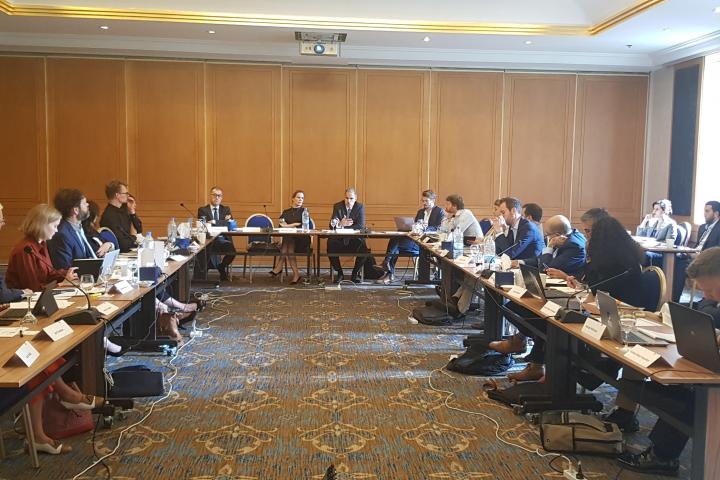
Background
Transboundary risks are increasingly threatening to derail national development strategies and targets in ESCWA member States.
ESCWA seeks to strengthen risk mitigation through national development strategies. The first phase of the project will capitalize on exiting qualitative and quantitative approaches that serve the production of key metrics and a monitoring tool. The first phase also involves the mapping of key risks to national development priorities, including the Sustainable Development Goals. The second phase involves technical consultations with concerned national ministries to integrate risk mitigation and prevention in national development strategies; build the capacity to develop risk-informed public policy interventions; and establish a standing group of experts. The latter will examine and recommend mitigation options for transboundary risks that threaten national development pathways.
Our approach
Our partners
ESCWA risk mitigation and prevention partners include several United Nations entities, in addition to the Peace Research Institute Oslo (PRIO). The latter has been working with ESCWA on forecasting violence and assessing several transboundary challenges. The projects involve several member States, particularly in terms of assessing policy effectiveness in crisis response. ESCWA has been working closely with (technical) civil servants from Jordan and Lebanon to achieve its objectives.
Our activities
ESCWA produces periodic publications and policy briefs that identify risk multipliers, and examine approaches to risk mitigation and prevention. ESCWA and its partners also analyse risk dynamics and their potential impact on national development strategies. Expert group meetings and technical dialogues with stakeholders aim to strengthen national institutions capacity to mainstream risk mitigation and prevention in national development strategies. ESCWA is also developing approaches that utilize technologies in assessing policy effectiveness to address crisis and multiple shocks, in collaboration with member States and experts. Moreover, ESCWA aims to formulate policy options and build the capacity of civil servants to mainstream risk mitigation and prevention in national development priorities.




